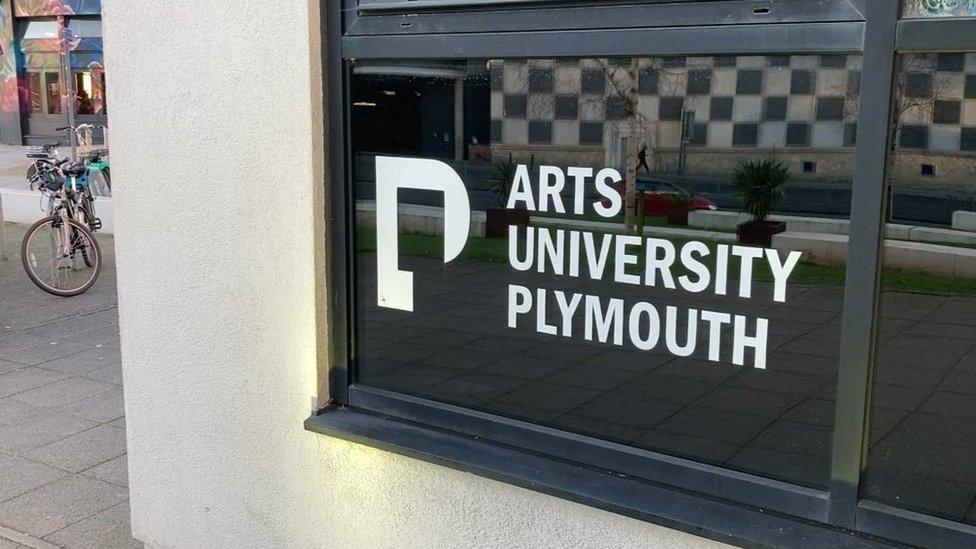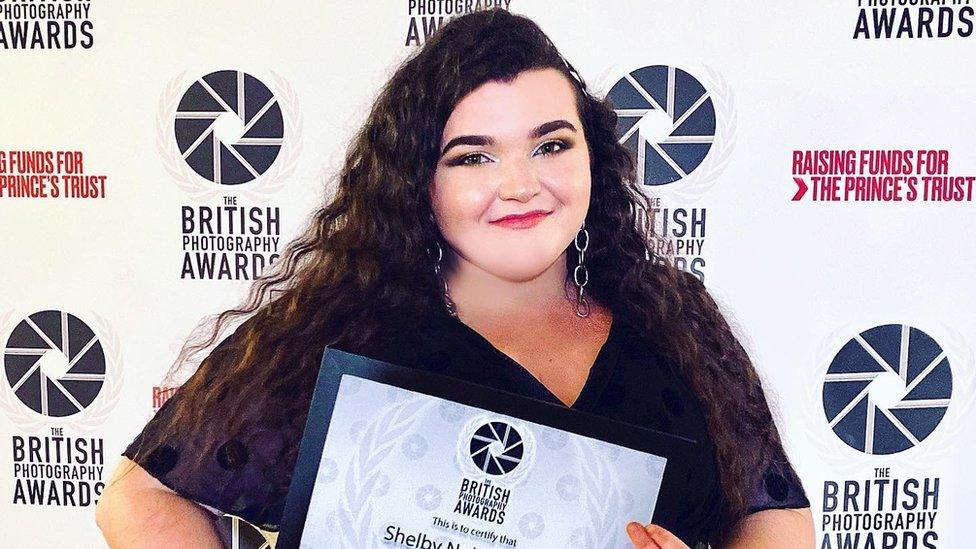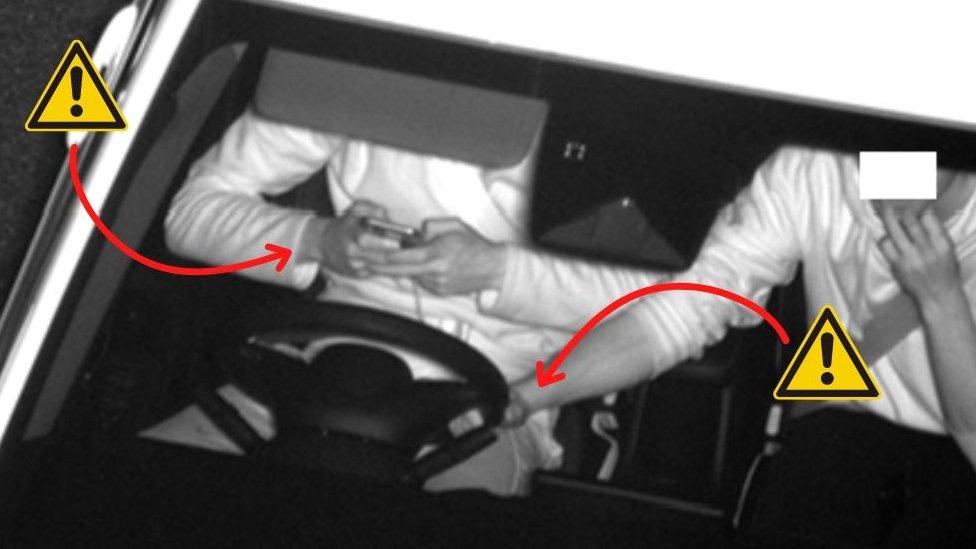AI: Plymouth students experimenting with university work
- Published

Fashion, media, and gaming students are among those to have been experimenting with the technology
Students at Arts University Plymouth have been learning how to use artificial intelligence for their assignments.
The generative AI software works by being fed "training artwork" created by humans, which it then replicates and fuses to create new images.
Classes also address the ethical issues around the use of the technology.
A Department for Education spokesperson said: "Artificial intelligence has the power to transform education."
'We love it'
AI-generated content can include work 'stolen' from artists without their knowledge, something the university has addressed in their teaching.
Lecturer Alana Morgan said: "When we are talking about work being used without consent, that's a massive issue for all kinds of artists including students, but broadly, I think that it's been quite positive, our experiments with AI, definitely on this course. We love it."
Associate Professor Stephanie Owens said: "Meaningful innovation is ultimately linked to human endeavour.
"So, by teaching high levels of digital literacy, including the history and development of generative AI, we equip our graduates with the capacity to think ethically and critically regardless of the technologies that will be adopted by the workplaces of the future."
Fashion, media, and gaming students are among those to have been experimenting with the technology by creating concept art, magazines and videos.
'New development'
Arts University Plymouth said it was important for their future graduates to use all the industry's tools at their disposal, and not to be worried they will be replaced by the technology.
Fashion student Chloe Quinn said: "Within the last hundred years, with every new development, we have this same scare and we don't know how it's going to integrate into our society.
"Even when I was at secondary school we were told that the jobs the majority of us would have hadn't even been invented yet.
"It's exciting to see what new jobs will be created and what all of our lives will look like in years to come."

Follow BBC Devon on X (formerly Twitter), external, Facebook, external and Instagram, external. Send your story ideas to spotlight@bbc.co.uk, external.
Related topics
- Published7 December 2023

- Published19 September 2023
- Published16 August 2023
